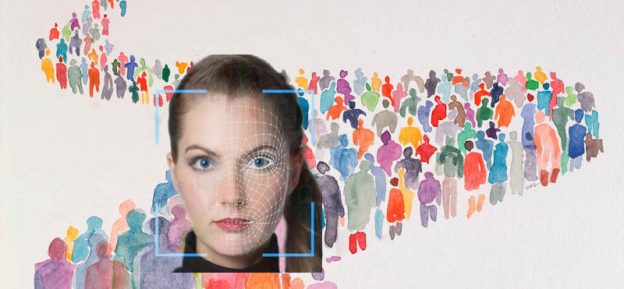Tag: usa

The real dangers of facial recognition: mass obedience and online labor exploitation
Facial recognition is a scam, but that doesn’t mean we should underestimate the threat it poses to freedom and fundamental… read more The real dangers of facial recognition: mass obedience and online labor exploitation
[Video] “Negotiating privacy: a digital labor?” (Manufacturing Transparency conference, UC Berkeley, Oct 28, 2015)
On October 28, 2015 I was invited to deliver a keynote presentation at the Manufacturing Transparency conference, organized by the Berkeley… read more [Video] “Negotiating privacy: a digital labor?” (Manufacturing Transparency conference, UC Berkeley, Oct 28, 2015)
New York to San Francisco: my U.S. conference tour (October 20-29, 2015)
If you happen to be in one of these fine US cities, come meet me. I’ll be on a tour… read more New York to San Francisco: my U.S. conference tour (October 20-29, 2015)

[Podcast] Antonio Casilli sur Occupy Wall Street (France Culture, La Grande Table, 11 févr. 2013)
Podcast de l’émission La Grande Table, le magazine culturel du midi sur France Culture : pour dresser un bilan du… read more [Podcast] Antonio Casilli sur Occupy Wall Street (France Culture, La Grande Table, 11 févr. 2013)
Some modest remarks on the role of citizen lobbying in defeating #SOPA
SOPA: an iniquitous piece of legislation defeated by a 7 million-strong Google petition and a spectacular 24-hour blackout… But what is the role of lobbying in this story ?
Who's fatter, the US or Europe?
What’s the explaining factor here: soul food? income level? music style? Jee, this sociology of obesity thing is more complicated than I thought…
CfP: Digital Cities 6: Concepts, Methods and Systems of Urban Informatics
Digital Cities 6: Concepts, Methods and Systems of Urban Informatics Workshop at the 4th International Conference on Communities and Technologies… read more CfP: Digital Cities 6: Concepts, Methods and Systems of Urban Informatics

![[Video] “Negotiating privacy: a digital labor?” (Manufacturing Transparency conference, UC Berkeley, Oct 28, 2015)](https://www.casilli.fr/wp-content/uploads/2015/11/berkeley-center-for-new-media.jpg)
